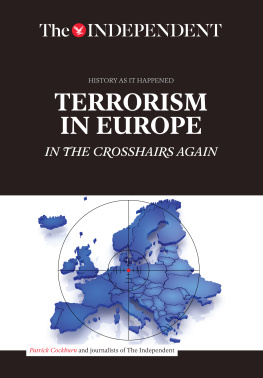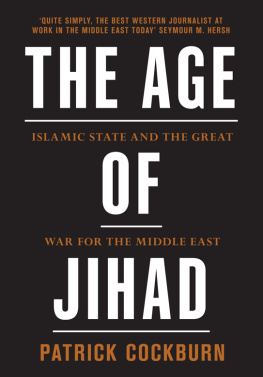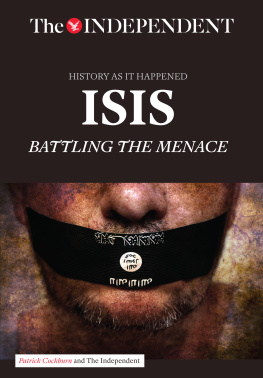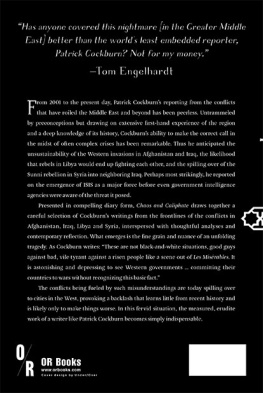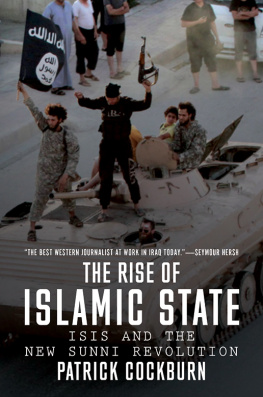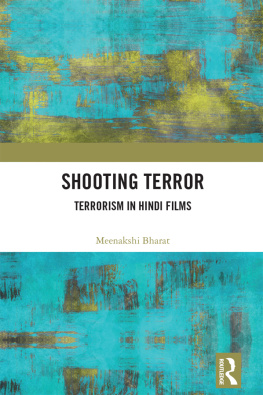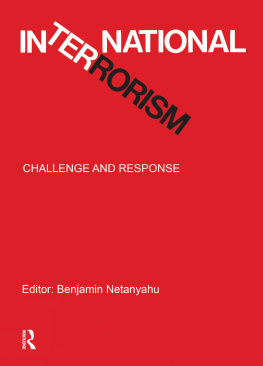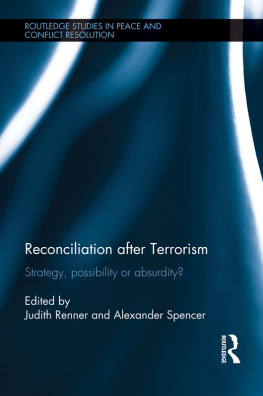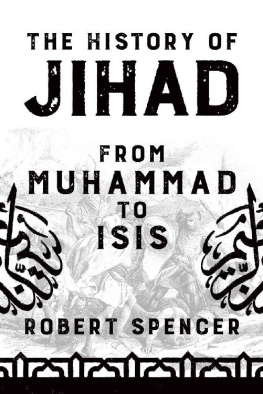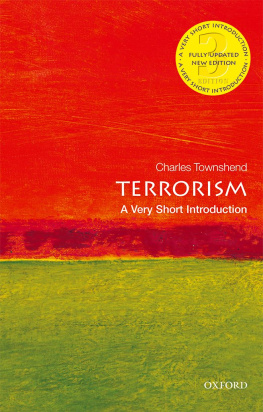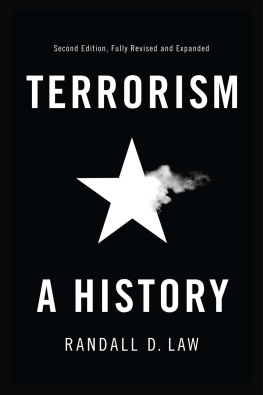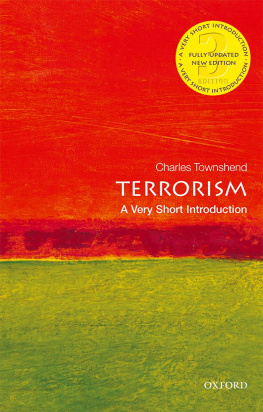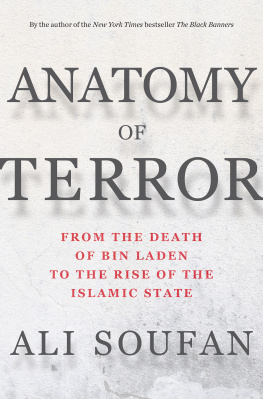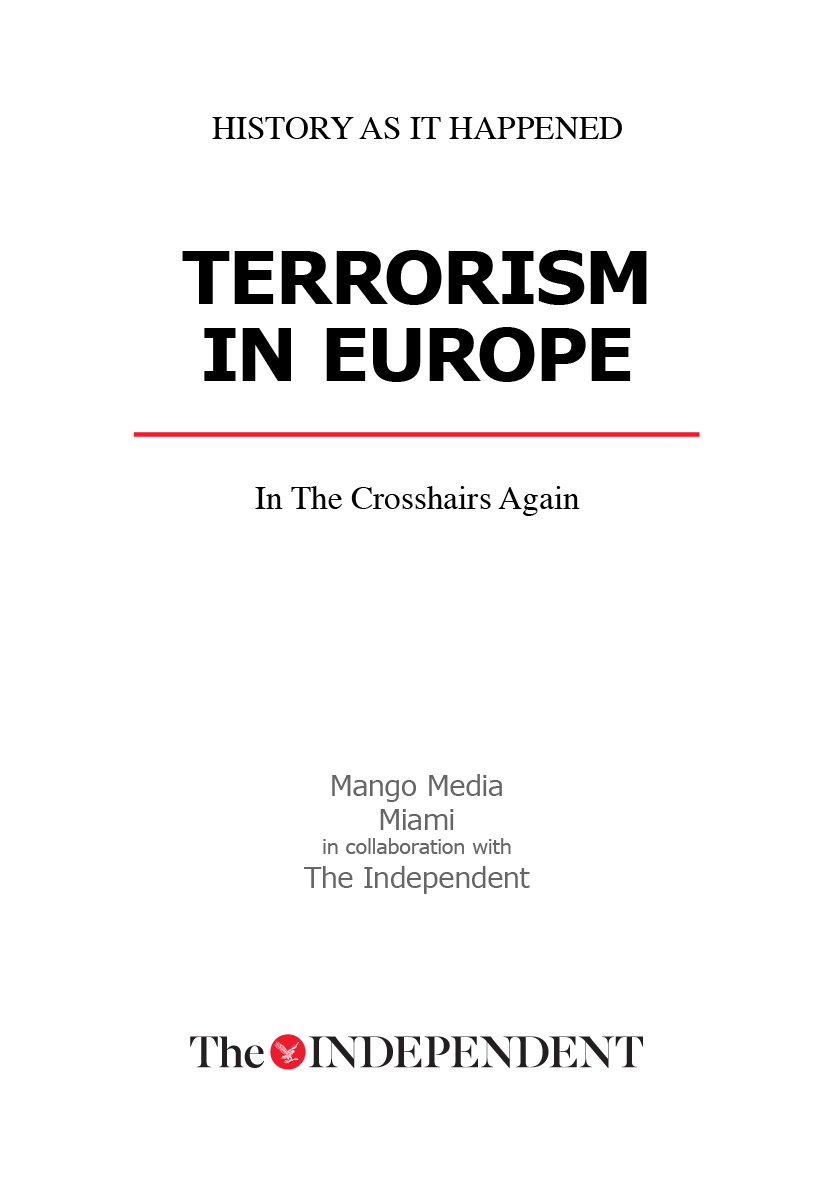
Copyright 2016 The Independent Print Limited.
First edition published by Mango Publishing Group.
All rights reserved. No part of this publication may be reproduced, distributed, or transmitted in any form or by any means, including photocopying, recording, file transfer, or other electronic or mechanical means, without the prior written permission of the publisher, except in the case of brief quotations included in critical reviews and certain other noncommercial uses as permitted by copyright law.
This is a work of non-fiction adapted from articles and content by journalists of The Independent and published with permission.
For permission requests, please contact the publisher at:
Mango Publishing Group
2850 Douglas Road, 3rd Floor
Coral Gables, FL 33134 USA
For special orders, quantity sales, course adoptions and corporate sales, please email the publisher at or +1.800.509.4887.
Library of Congress Cataloging
Names: Cockburn, Patrick
Title: Terrorism In Europe / by Patrick Cockburn and journalists of The Independent
Library of Congress Control Number: 2016917890
ISBN 9781633534490 (paperback), ISBN 9781633534483 (eBook)
BISAC Category Code: POL037000 POLITICAL SCIENCE/Terrorism
Front Cover Image: Tatiana53/Shutterstock.com
Back Cover Images : ThamKC/Shutterstock.com, ver0nicka/Shutterstock.com, and Kiev.Victor/Shutterstock.com
TERRORISM IN EUROPE:In the Crosshairs Again
ISBN: 978-1-63353-449-0
Printed in the United States of America

"History doesn't repeat itself, but it does rhyme."
Mark Twain
Table of Contents
FOREWORD
Saturday, 16 July 2016
SPREADING REIGN OF TERROR
It was near inevitable that Isis should organise or inspire another atrocity in Western Europe after a string of defeats culminating in the loss of Fallujah to Iraqi government forces. Isis has always used acts of mass terrorism directed against civilians as a way of showing its strength and dominating the news agenda. It is part of its repertoire of tactics at all times, but particularly when it is suffering losses and hopes are rising that it is not only retreating but has gone into irreversible decline.
Isis had already reacted to defeat at Fallujah by sending a vehicle packed with explosives into the Karada district of Baghdad, where it exploded, killing 292 people. This happened just as the Iraqi government was congratulating itself on taking the city which people in the Iraqi capital believed was the source of many of the bombs that have slaughtered them over the last three years.
Isis now claims that Mohammed Lahouaiej Bouhlel, who drove his truck through crowds of people in Nice, was one of their soldiers. It is possible that they did not know what was going to happen until it was over, but the attack has all the hallmarks of an Isis mass killing: it was directed against civilians in a very public place and its savagery was so extreme that it inevitably instils fear and dominates the world news agenda for days on end. All that was needed to carry it out was a fanatical perpetrator willing to be killed as a proof of his faith.
This was the tactic of al-Qaida, shown most famously on 9/11, but Isis has used it on a greater scale and, even when it is on the retreat in Iraq and Syria, it can mobilise bombers swiftly and effectively.
The Isis attack on Ataturk Istanbul International Airport was carried out by gunmen and bombers from Central Asia, whom Turkish security had not identified as a threat because it supposed they were committed to overthrowing President Bashar al-Assad and his regime in Syria. What gives Isis terrorism its relentless quality is that it is backed by a well-organised, if battered, state machine in the form of the so-called caliphate, that can mobilise men, equipment, expertise and money.
Isis is under pressure on almost every front in Iraq and Syria. It cannot withstand ground attacks backed by precision bombing from the US-led air armada and the same is true of the Syrian army supported by Russian bombers. This may weaken Isis, but does not put it permanently out of business because it can revert to guerrilla warfare and wait for its numerous enemies to fall out, as they invariably do. The Iraqi and Syrian governments are short of good combat troops and have difficulty occupying the territory they have taken.
It is often said that there can be no peace in Iraq without conciliating the Sunni Arabs, the community from which Isis draws its strength, but this is to underestimate the sectarian and ethnic cleansing now being carried out by all sides in the civil war engulfing Iraq and Syria. An increasing number of the Sunni Arab community in both countries one-fifth of the population in Iraq and three-fifths in Syria are being permanently displaced and are unlikely to go home.
The sectarian map of this part of the Middle East is being permanently redrawn, which can only intensify the fighting. Isis is a long way from total defeat, but it is giving up population centres and has not made a successful counter-attack for over a year. It will seek to spread its networks of militants to other countries and make sure that its retreats are masked by further atrocities like the ones in Baghdad and Nice.
Patrick Cockburn
INTRODUCTION

Black Flag of Jihad
Saturday, 15 March 2008
WE LOVE DEATH
The al-Qa'ida spokesman who, following the 2004 Madrid train bombings, told the West, "You love life and we love death" articulated a chilling truth. It's clear in Michael Burleigh's book, Blood and Rage: A Cultural History of Terrorism, that death has always been the terrorist's trump card. It's not only the targeted assassinations, indiscriminate mass murders and tit-for-tat killings that spread fear; so too does the passion with which certain terrorists embrace their own annihilation. Their mindset seems so bewilderingly alien.
In this bracingly opinionated account, the author argues that all terrorists are "morally insane". From playboys to psychopaths, narcissists to n'er-do-wells, "the milieu of terrorists is invariably morally squalid, when it is not merely criminal." Slaughter costs, and money laundering, peddling drugs, extortion and armed robbery all fall within the job description.
Burleigh defines terrorism as a tactic. It's also a lifestyle choice which is neither glamorous nor admirable, as Burleigh sets out to show. Spanning the last 150 years, Burleigh examines ideologically-inspired movements (Nihilists, revolutionaries, Red Brigadists, the Baader-Meinhof gang) and nationalist/separatist activists: Fenians, ETA, FLN and OAS, the PLO and various Middle East factions, the ANC, Irish Republicans and Loyalists).
Each informative and absorbing chapter could stand alone, whether it's detailing Algeria's fight for independence or the continuing armed struggle of the Basques. Devoting the final portion of the book to Islamic terrorism, the historian explains why Islamofascist or Islamobolshevik are terms to be avoided. (Jihadi-Salafists is more accurate). Latin American and Sri Lankan terrorists don't figure but the weird Japanese Red Army does, whose operatives embarked on missions with Rimbaud poems and origami dolls tucked inside their pockets.
Burleigh's searing anger isn't just directed at terrorists but the way in which he thinks we deal with them. Britain's tradition of offering sanctuary to foreign radicals is partly answerable for our present status as "Londonistan". If we believe him, it's liberal apologists who started making life easy for terrorists as far back as the l9th century. Around the time the Russian Kadet Party was sympathising with their violent acts, French poet Tailharde was declaring "What do the victims matter, as long as the gesture is beautiful?". Since then, other "useful idiots" have included lawyers who abet their terrorist clients, pundits quick to hog the microphone and terror-groupies such as "that loathsome academic enthusiast for the purifying effects of political violence", Jean-Paul Sartre.
Next page
